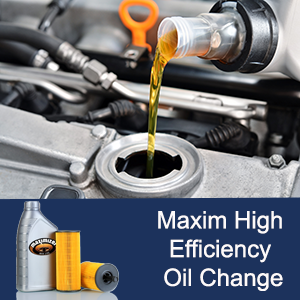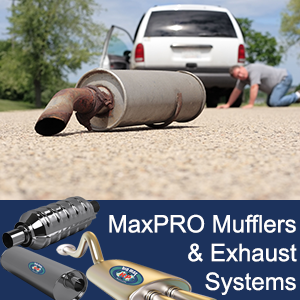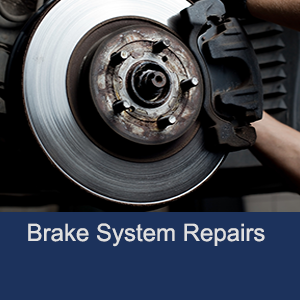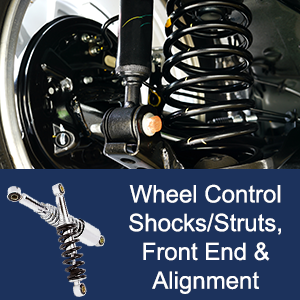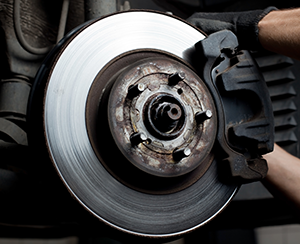 The brake system of your vehicle is by far the most important safety system that it has. Being able to slow down or stop at a moments notice will help to avoid an incident or accident. Improperly working brakes will not do the job they are designed to do and will not be as effective when needed, especially in a panic stop situation.
The brake system of your vehicle is by far the most important safety system that it has. Being able to slow down or stop at a moments notice will help to avoid an incident or accident. Improperly working brakes will not do the job they are designed to do and will not be as effective when needed, especially in a panic stop situation.
Maxim Muffler, Brake & Wheel recommends regular brake inspections by their team of experts:
- test drive the vehicle to see how the brake system functions
- visual inspection
- measuring pad and shoe thickness
- check for even wear of the pads and shoes
- check rotors for run out and hot spots
- check hardware to make sure it is working properly and that it is adjusted properly
- make sure the wheel cylinders, brake lines and brake master cylinder are not leaking
- inspect calipers for wear, free movement and fluid leak
- check the level and condition of the brake fluid
- inspect for proper routing and placement of the brake and antilock brake sensors
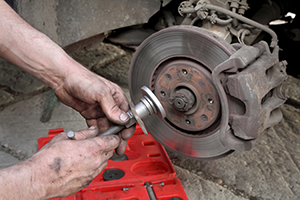 All of these components need to be in good shape and working properly for the vehicle to have 100% brake system effectiveness while driving. For instance, something that seems simple is the brake fluid, it can get contaminated over time with absorption of moisture and copper, this can decrease the effectiveness of the hydraulics within your brake system causing a less responsive brake pedal to the touch or feel, therefore causing a slight delay or reduction in braking power.
All of these components need to be in good shape and working properly for the vehicle to have 100% brake system effectiveness while driving. For instance, something that seems simple is the brake fluid, it can get contaminated over time with absorption of moisture and copper, this can decrease the effectiveness of the hydraulics within your brake system causing a less responsive brake pedal to the touch or feel, therefore causing a slight delay or reduction in braking power.
We recommend having your brake system inspected with each oil change or at minimum every 6 months or about every 6,000 miles. Then if the inspection reveals any issues with the brake system for your own safety and the safety of others, have it repaired to keep the brake system of your vehicle operating at 100% effectiveness.

